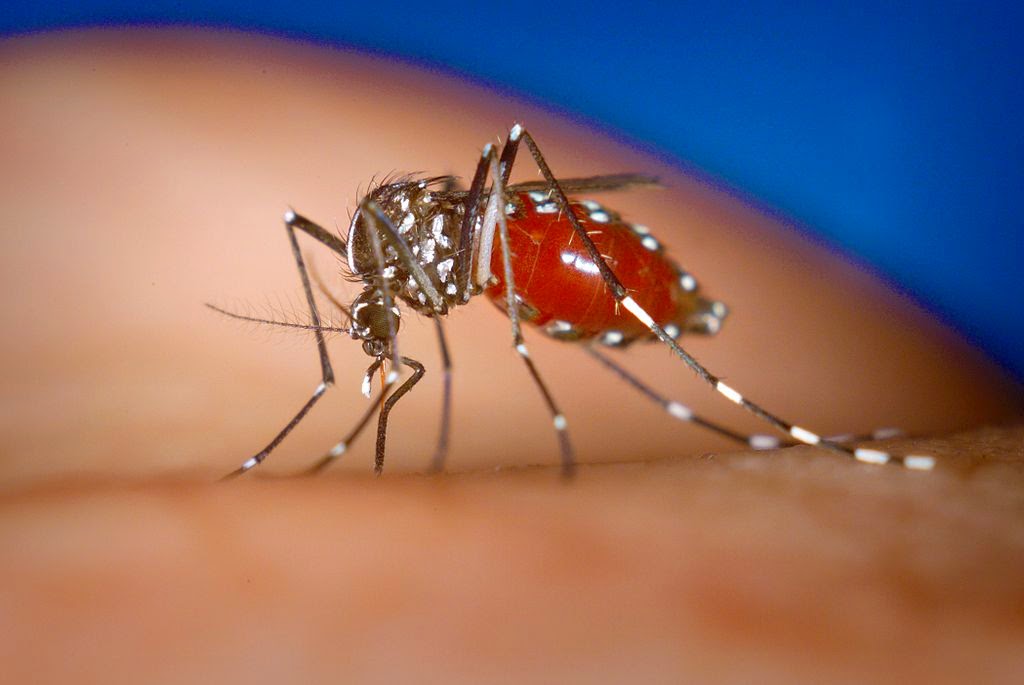Laurent Gbagbo, former president
the Ivory Coast, has become the first former head of state to go on trial
before the International Criminal Court at The Hague. He refused to step down
after losing an election in 2010, and is accused of encouraging his militias
and security forces to commit murder, rape and other crimes to keep him in
power.
A very good thing that he should
face trial, you might think, but that does not seem to be how other African
rulers see it, and they appear to be using the African Union to try to
hamstring the court.
When the ICC was set up in 2002,
African leaders seemed pretty keen, but now the African Union has resolved to
go on shielding President Omar al-Bashir of Sudan from facing charges of
genocide in Darfur, and criticised prosecutions being brought against other
African leaders such as Kenya’s deputy president, William Ruto, who is accused
of orchestrating violence after an election 8 years ago.
Of course, the ICC is not perfect,
and many leaders in Africa and other places who should face trial are powerful enough
to escape, but surely it is surely in the interests of Africa’s people that
some should face justice rather than none. If the continent’s rulers care about
that.
















